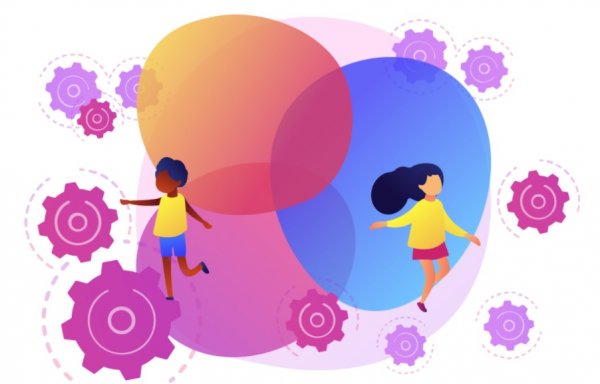
Developmental Issues
All children must deal with a whole host of issues as they grow up. Some children cope better than others with what the world throws at them.
Some children have more unpleasant things to contend with than their peers. Children with special needs have special requirements. Therapists will help children deal with their sexuality, understand body image, bullying, changing levels of achievement and so on. Help is also available for those whose childhood risks being destroyed by abuse, in whatever form.
Meanwhile, parents should not be forgotten. Their children’s troubles often weigh heavily on them, so treatment must be made available for grown-ups as well.

Disability
While people may make various adaptations to cope with their circumstances, the emotional and physical pressures of a disability or chronic illness can be very challenging.
Dealing with other people’s attention, comments and even their pity can be a great strain. Therapy helps with both the unexpected and expected traumas of a disability.
Therapy helps people come to terms with a disability. This often involves reframing circumstances. While it is true that a malfunction in one or more parts of the body means that what was once possible is no longer so, other options emerge. The term ‘differently abled’ replaces the word ‘disability’. Losing function in one part of the body frequently releases potential elsewhere, so new activities, ideas and outlooks now become possible.
Therapeutic treatment includes developing life strategies, mental reframing and mindfulness. Talking therapy tends to be very useful – grieving for what has been lost can lead to planning an exciting new future.

Eating Disorders
Eating disorders affect many people, from those suffering from anorexia nervosa to binge eaters and people with body dysmorphic disorder (BDD). All have their problems, which if left unchecked, may be life-threatening.
There is usually a connection between food being consumed – or not being consumed – and emotional wellbeing. Filling your stomach may be to compensate for having a broken heart. Food may be seen as a punishment, or as something toxic and to be avoided or regurgitated. Calorie intake may be one of the few things a sufferer can control, so dieting, bingeing, and purging becomes valued symbols of misguided independence. Consequently, eating disorders are hard to shake off despite the clear physical and emotional damage they can cause.
Treatment can effectively reposition food as a necessary but not overly dominant part of life. Eating disorders often accompany other mental health issues such as obsessive-compulsive disorder or depression. In such cases, a good therapist becomes crucial in differentiating between cause and effect and establishing meaningful treatment and rehabilitation programmes.

Family Issues
Family therapy helps people who care about each other to understand one another’s perspective. The term ‘family’ encompasses any group, from two people upwards, who find themselves in a loving and/or familial relationship. In therapy, individuals are allowed to express their own opinions and they must listen to those expressed by others; this is a new experience for many.
Individuals are allowed to express their own opinions and they must listen to those expressed by others; this is a new experience for many.
Therapists help family members understand one another’s perspective and make amends where a dilemma exists. Treatment helps family members appreciate the strengths and weaknesses in themselves and others. It also provides an opportunity for reflection, consideration, and planning for the years ahead. The treatment works with all age groups and provides a non-evaluative, inclusive environment that is sensitive to cultures, ideas, and emotions. Families will be able to tackle challenging issues in an engaging place, supported by a trained therapist.

